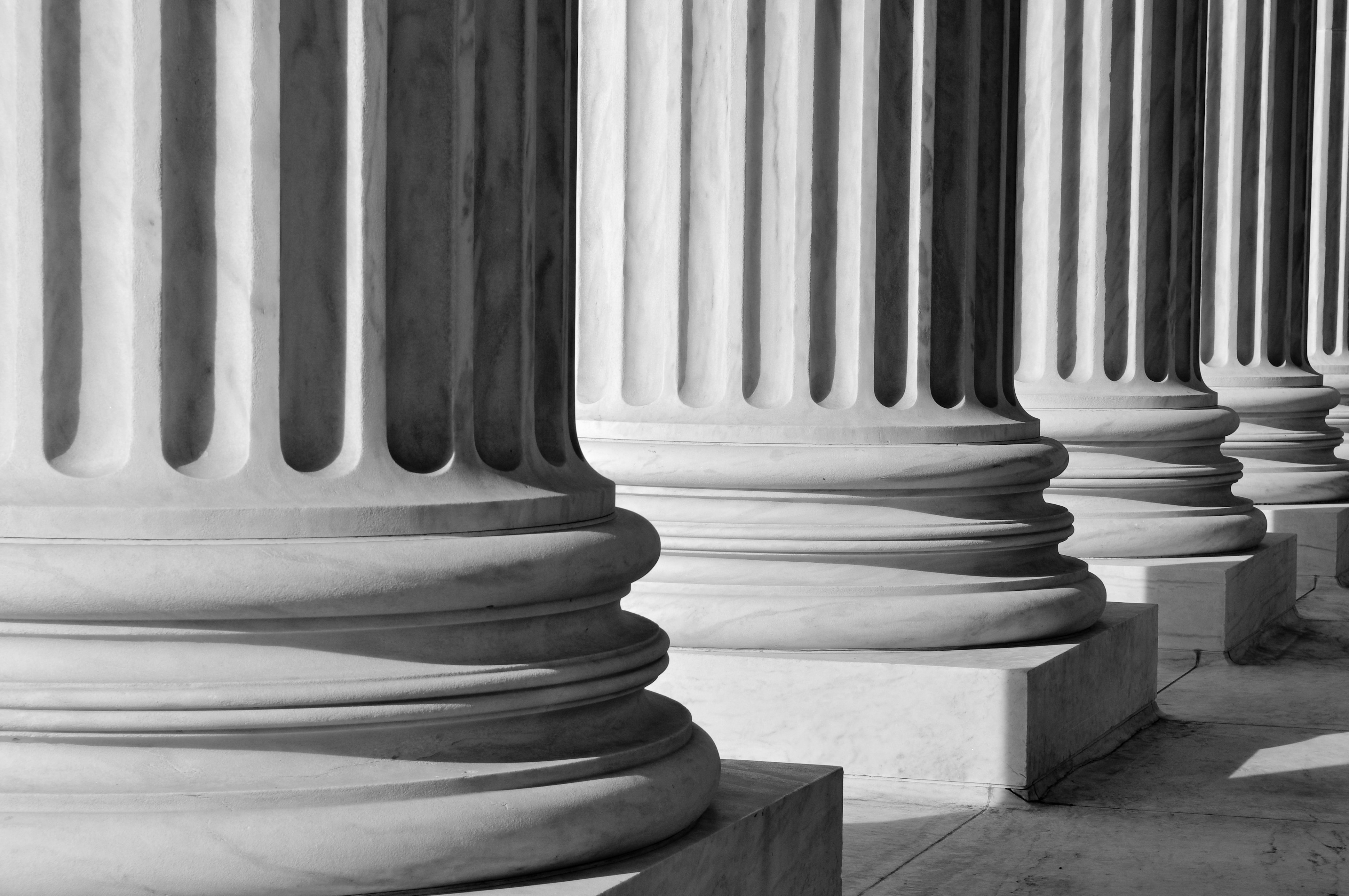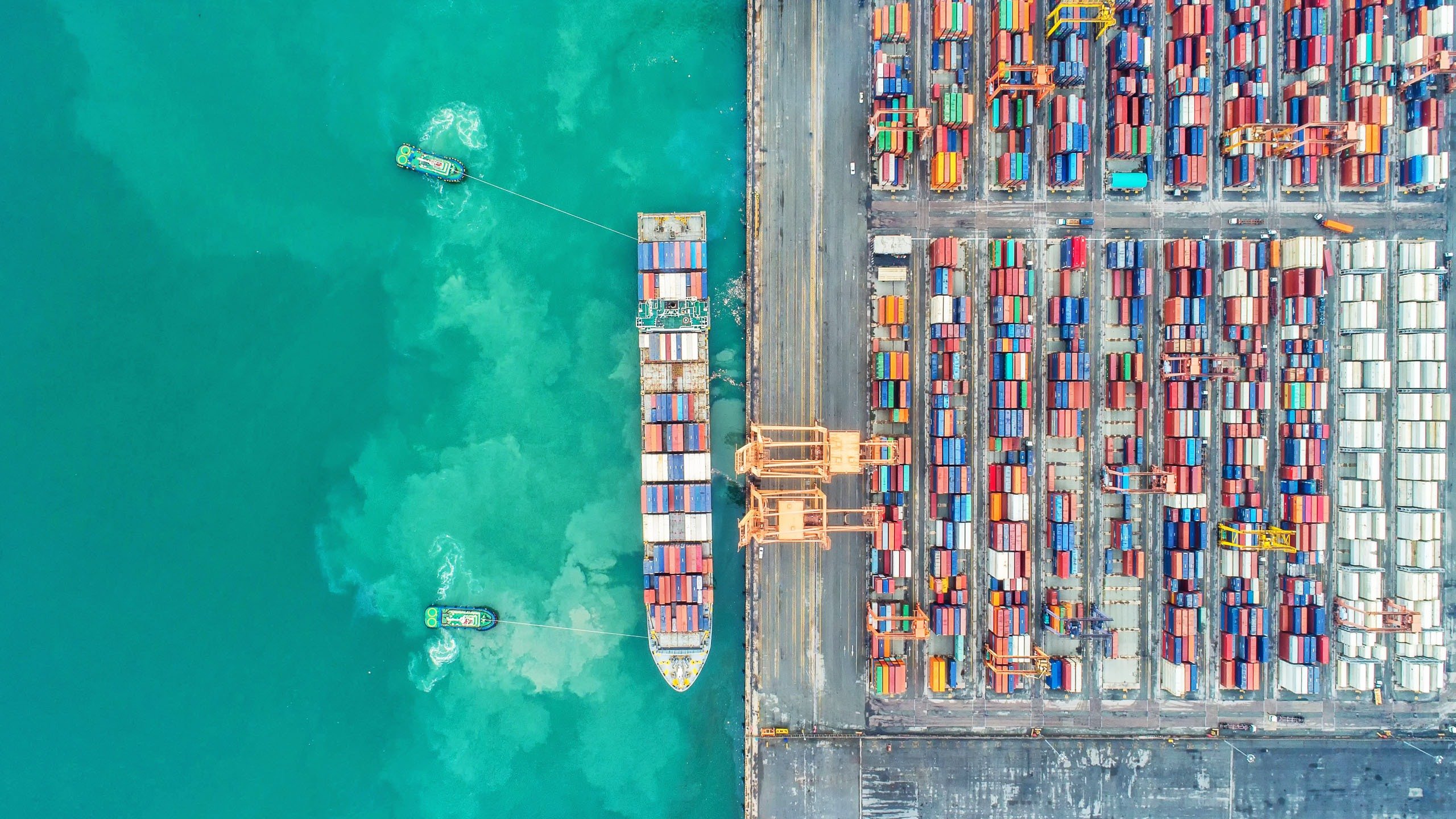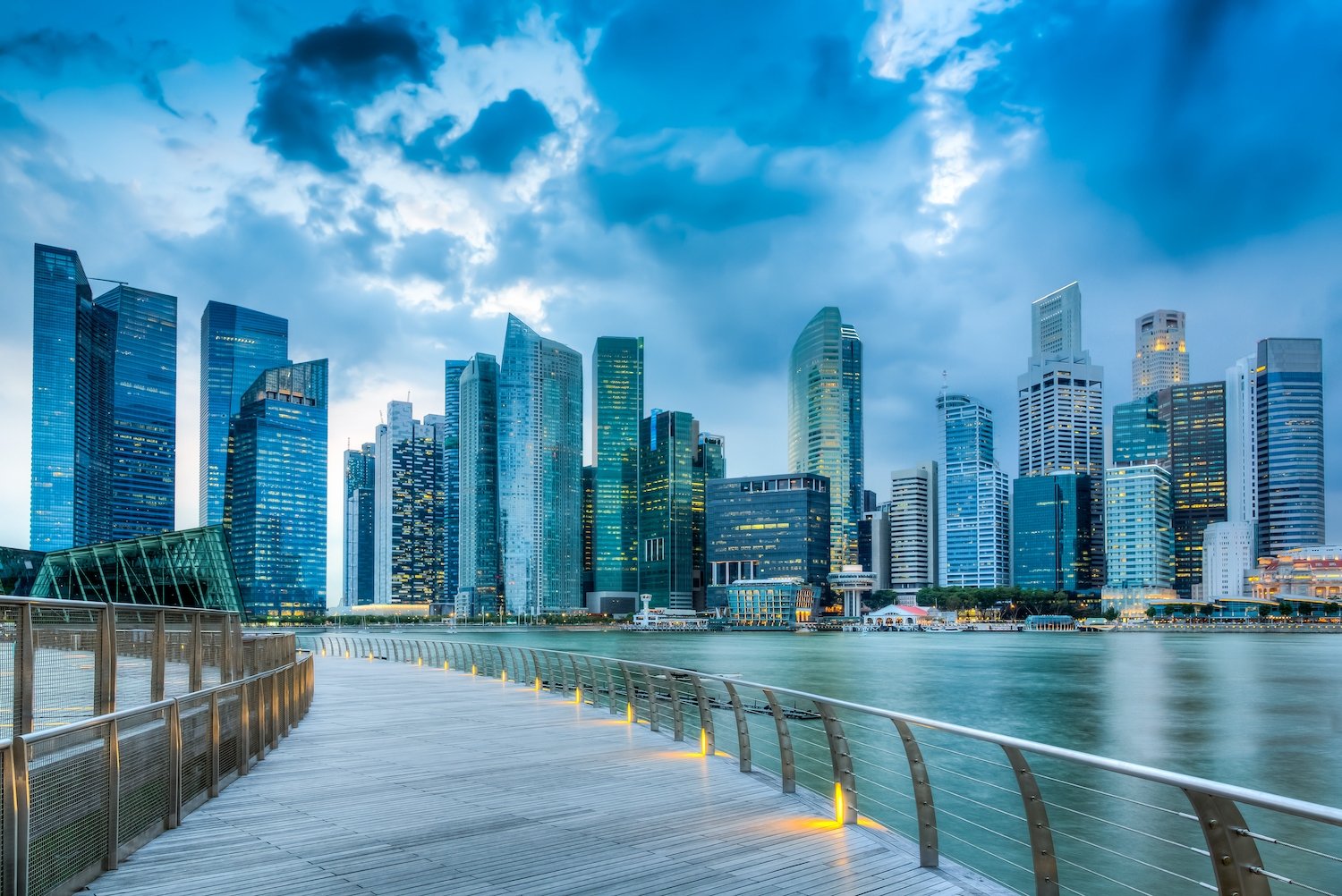OUTLINE
- This circular updates members on measures taken by the International Group, and by IMO, to promote standard procedures for the issuance of "Blue Cards".
- In common with all IG Clubs, the UK Club provides a website facility for independent verification of Blue Cards issued electronically in pdf form.
- In November 2010, the IMO Legal Committee endorsed its mandated Correspondence Group's conclusions that all States Parties should accept Blue Crads issued b ythe IG clubs in electronic form, coupled with verification on clubs' websites of the ship's entry and issuance of Blue Cards.
- Members called upon to provide Blue Cards in any form other than the electronic format described above should refer to the administration concerned to this circular and to the conclusions on this subject of the IMO Legal Committee.
TO THE MEMBERS
COMPULSORY INSURANCE - "Blue Cards"
This circular informs Members of the latest developments towards standardisation of procedures concerning evidence of Club cover and certification of insurance required by the international liability compensation regimes adopted by the International Maritime Organization (IMO).
The practice whereby flag state authorities issue certificates based on written confirmation from the insurer that the necessary cover is in force - so-called "Blue Cards" - dates back to 1975, when certificates of insurance were first issued to ships on the entry into force of the Civil Liability Convention 1969 (CLC 69). The international regime of compensation for oil pollution from tankers has since grown to a point where 160 States are now parties to CLC 69 or its successor, CLC 92. It has long been the accepted practice among the States Parties to recognise International Group clubs as approved insurers, and to issue certificates based on Blue Cards.
In the last decade the normal form of Blue Cards has been brought into line with modern forms of electronic document exchange, and the vast majority of administrations now accept electronic Blue Cards as Portable Document Format (pdf) files.
The Clubs are not aware of any instance of a forged Blue Card being presented in support of an application for a certificate. Nonetheless, a very small number of administrations have continued to require hard copy Blue Cards, with some even maintaining additional requirements, such as that Blue Cards be embossed with Club stamps, or printed on watermarked paper.
Whilst the Clubs have made every effort to accommodate such requirements in the context of the Civil Liability Conventions, which apply only to oil tankers, the workload involved has grown considerably with the entry into force of the Bunkers Convention, as this applies to a far larger number of ships.
Indeed, the administrative burden will present a major challenge as the bunkers regime comes into effect in a growing number of States, and as the entry into force is anticipated of various other compulsory insurance arrangements in IMO Conventions, notably those concerning passenger liability, hazardous and noxious substances, and removal of wrecks. If the certification arrangements of these regimes are to be operated satisfactorily it is essential that evidence of insurance furnished by the clubs is provided in an efficient, uniform manner, unencumbered by antiquated procedures which confer no material benefit.
Two important developments have taken place in furtherance of this objective.
First, measures have been taken to allay the concerns expressed by a small number of States that Blue Cards in PDF format are less secure than original documents embossed with the Club stamps or printed on watermarked paper. To this end, all International Group clubs have established databases of vessels on their websites from which verification can easily be obtained that a specific ship is entered with the necessary cover and that a Blue Card has been issued.
Second, questions relating to the form which Blue Cards should take have been considered by the IMO with a view to maintaining a satisfactory uniform approach. At its 95th session in March/April 2009 the IMO Legal Committee established a Correspondence Group of member states with a mandate, among other things, to promote harmonized implementation of the Bunkers Convention. The Correspondence Group concluded that all States Parties should follow the practice already adopted by the vast majority, and accept Blue Cards issued by International Group clubs in electronic form, in particular when it is evident from an accompanying email that the Blue Card has been sent by the club, or when it can be verified from the club's website that a Blue Card has been issued.
At its 97th session in November 2010 the Legal Committee endorsed the Correspondence Group's conclusions. It recommended that these be disseminated by means of a circular letter and posted on the IMO website.
The Clubs will accordingly continue to provide Blue Cards in electronic form, and will continue to maintain means of independent verification on their websites. They will also welcome being notified by administrations of any concerns they may have in the rare event of specific circumstances casting doubt on the authenticity of a Blue Card. Otherwise, however, the clubs cannot confirm that they will necessarily be able, in addition to the considerable administrative work involved in standard certification procedures, to assist owners in meeting domestic demands which are not reflected in the international regimes or in the practice accepted by the vast majority of States.
Members called upon to provide Blue Cards in any form other than the electronic format described above should refer the administration concerned to this circular and to the conclusions on this subject of the IMO Legal Committee.
All Clubs in the International Group of P&I clubs have issued similar circulars.




